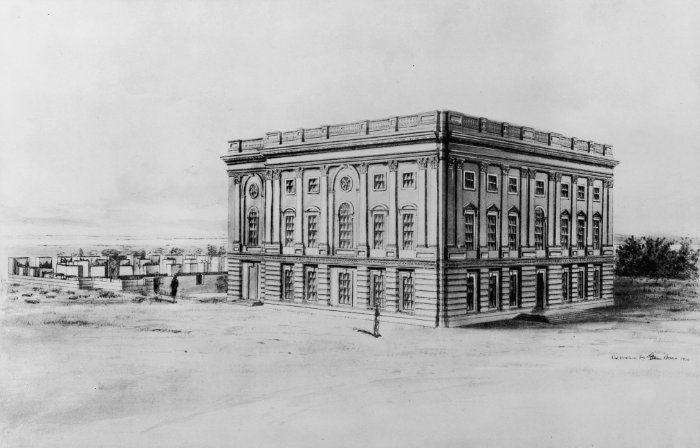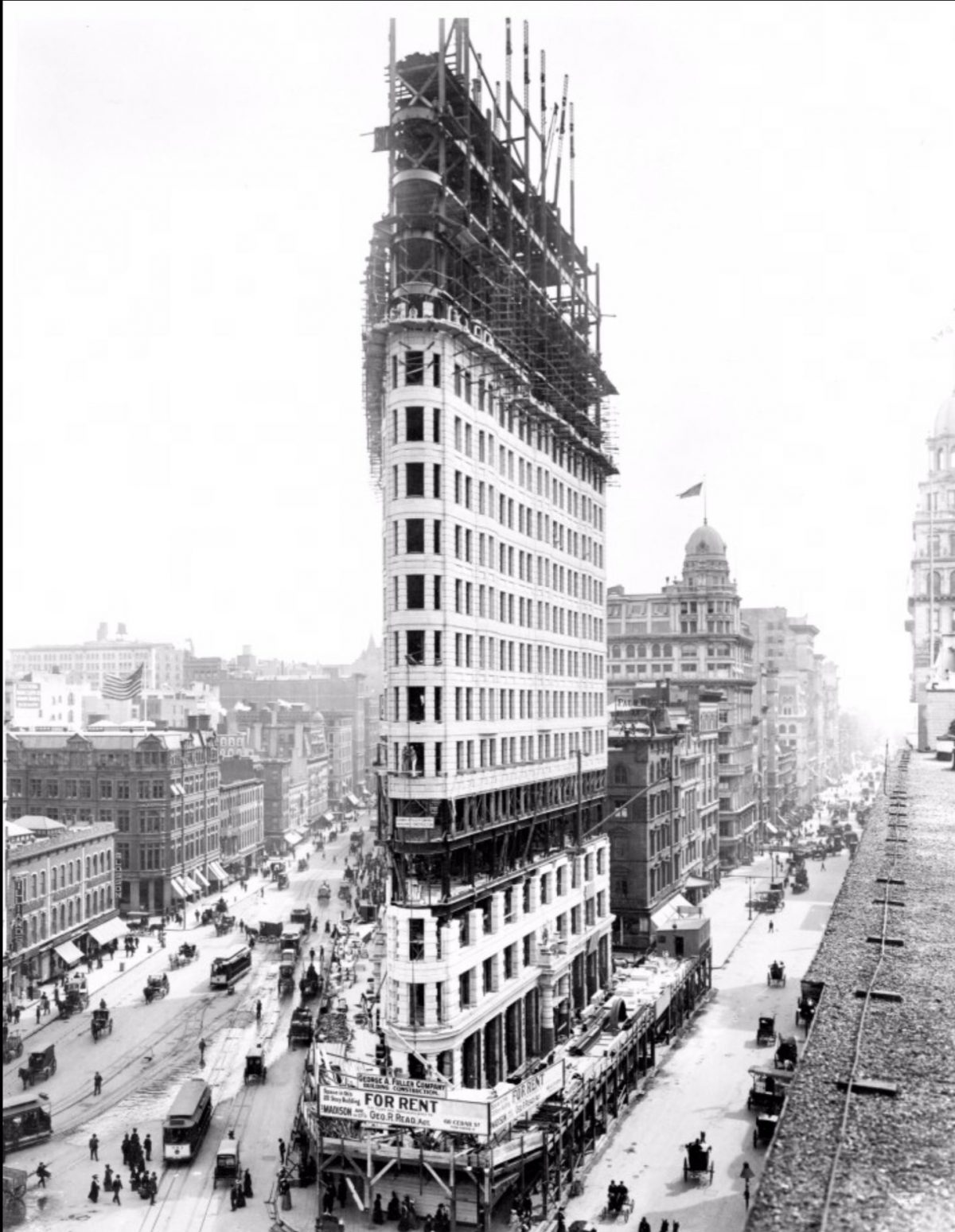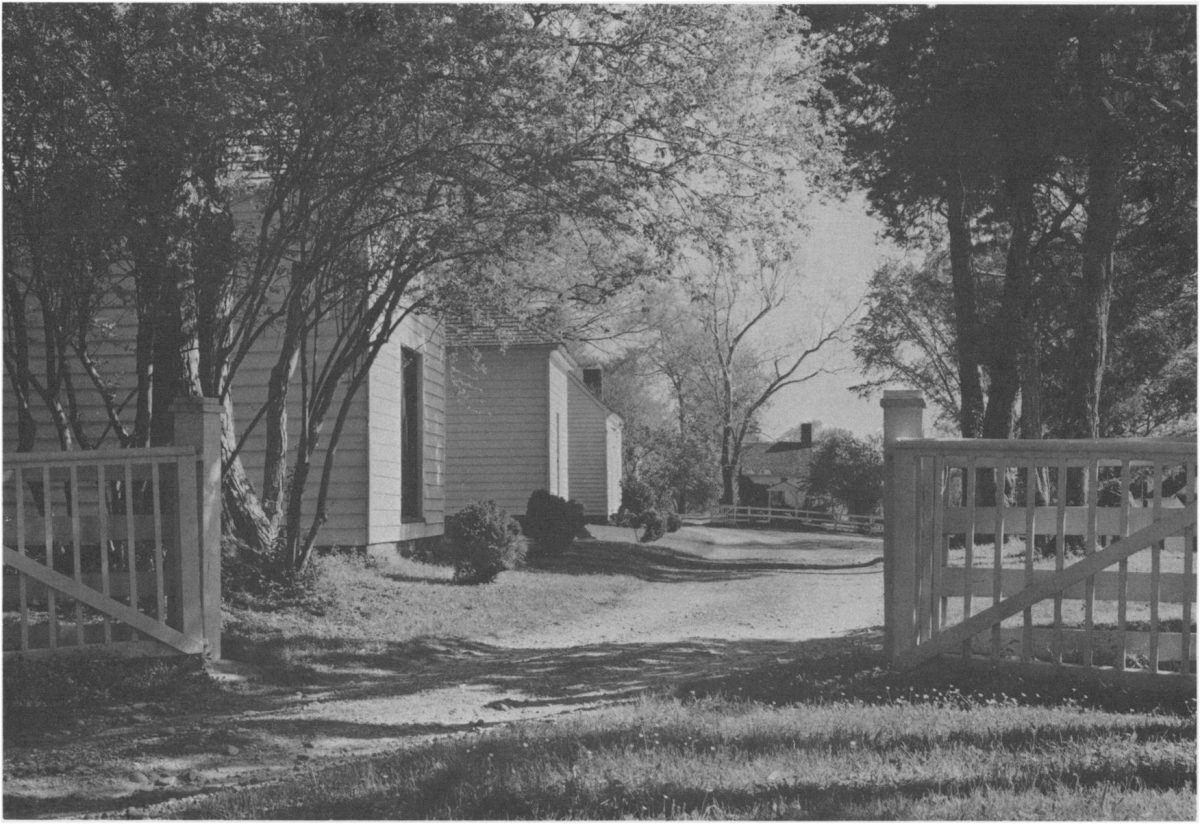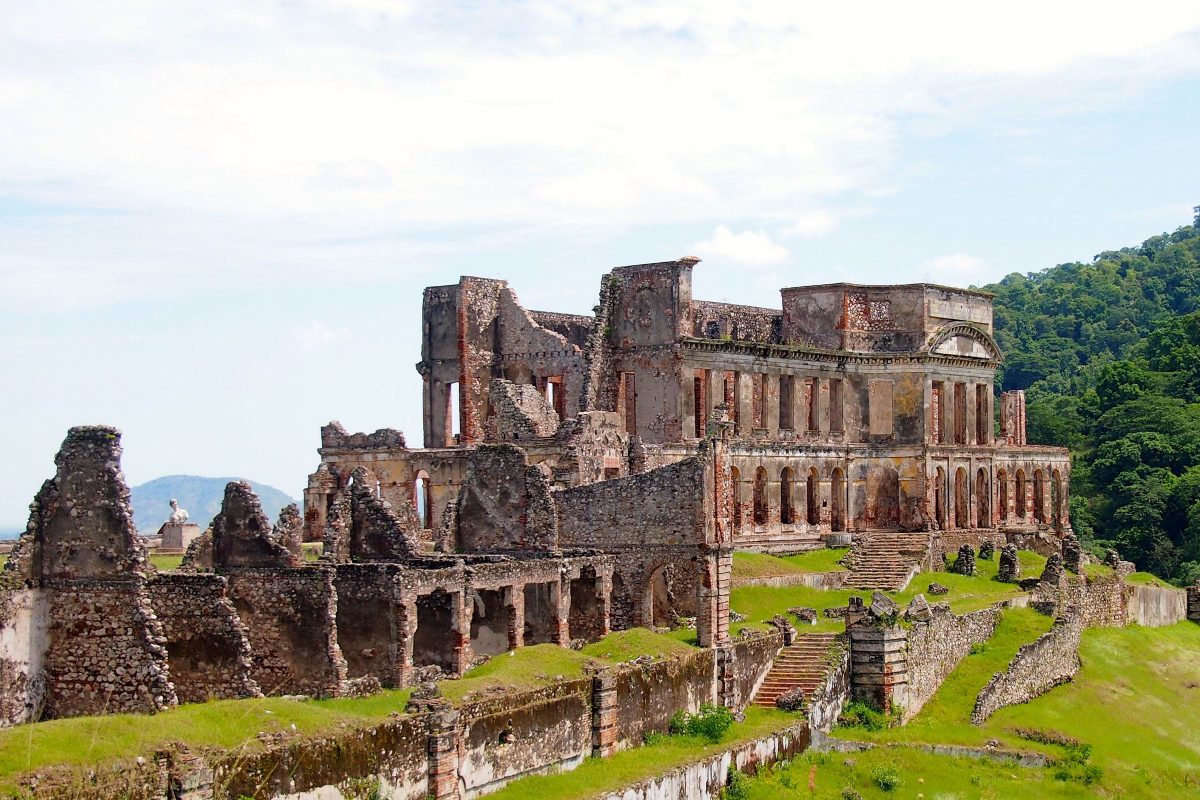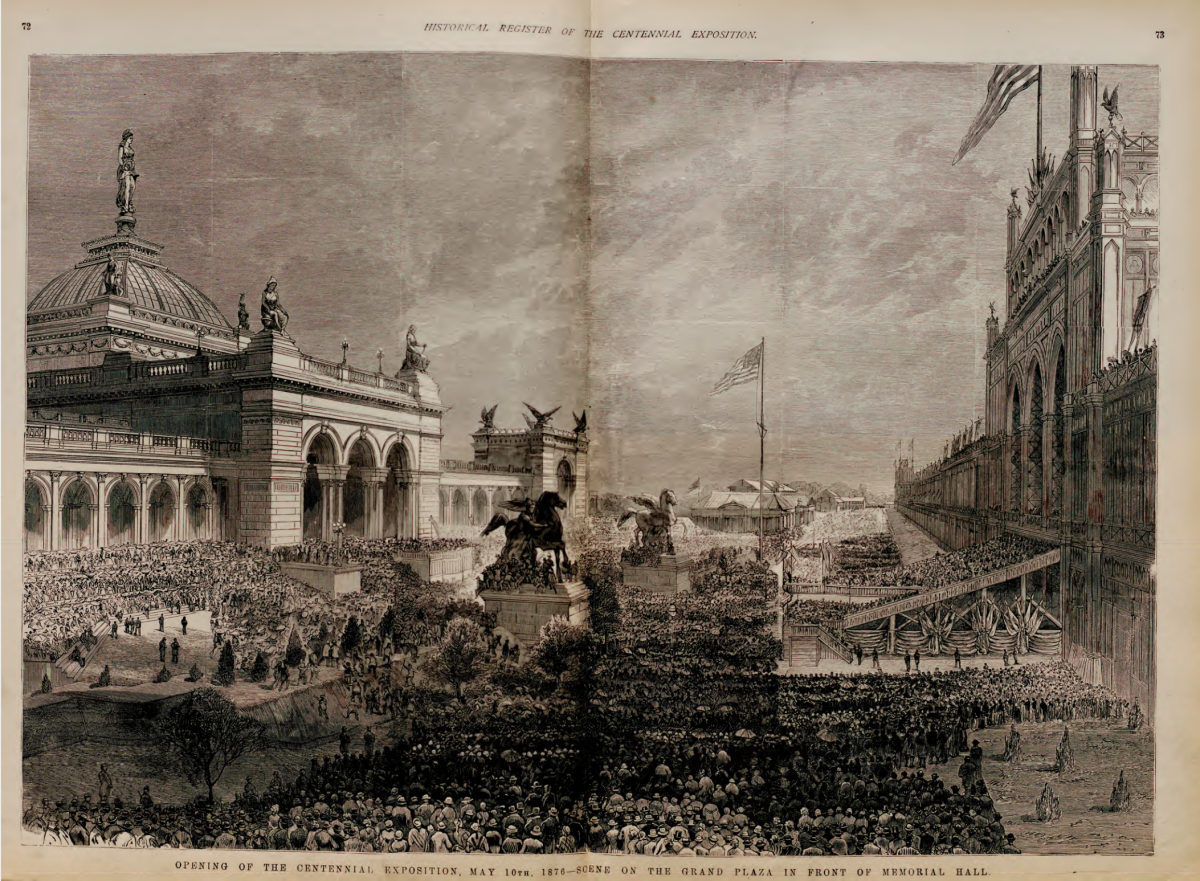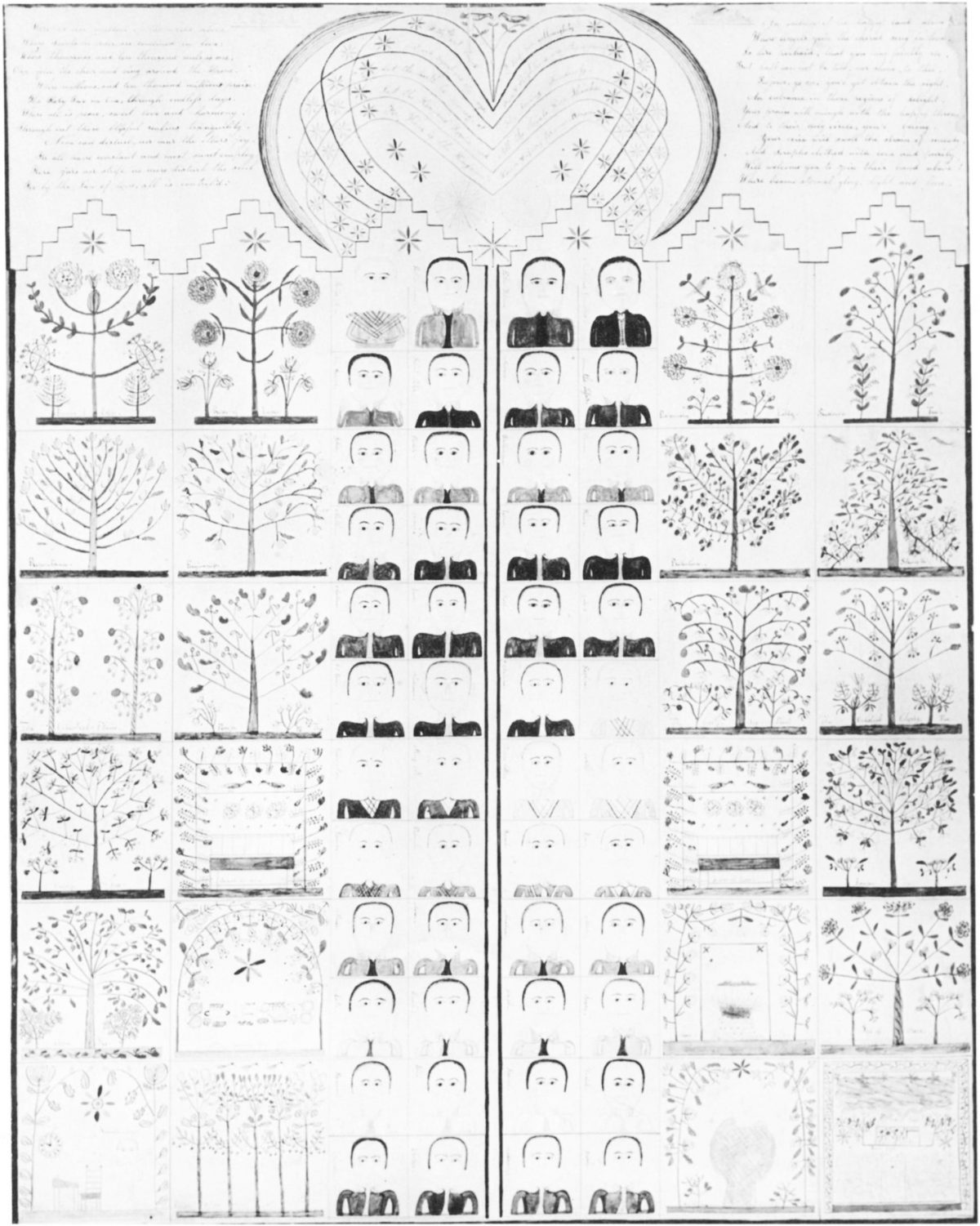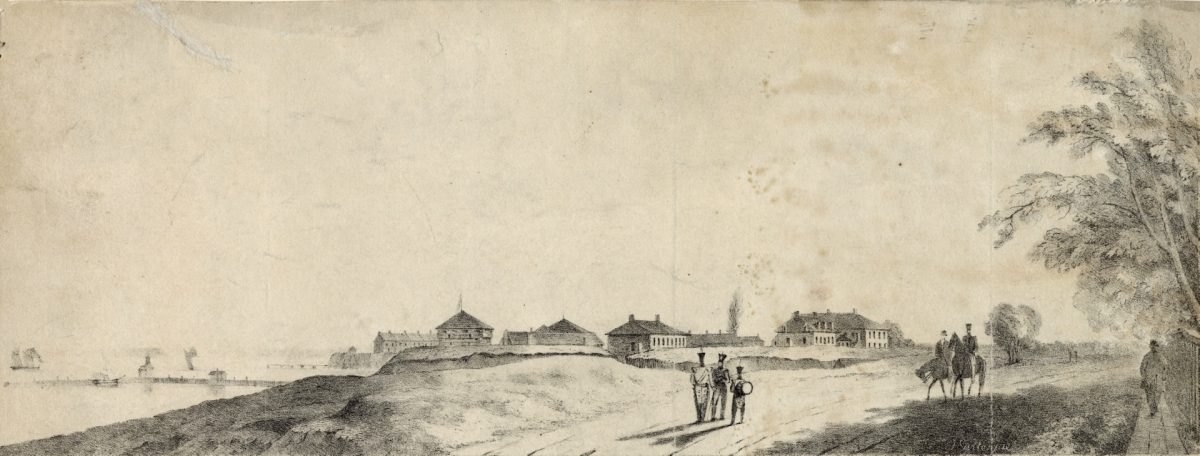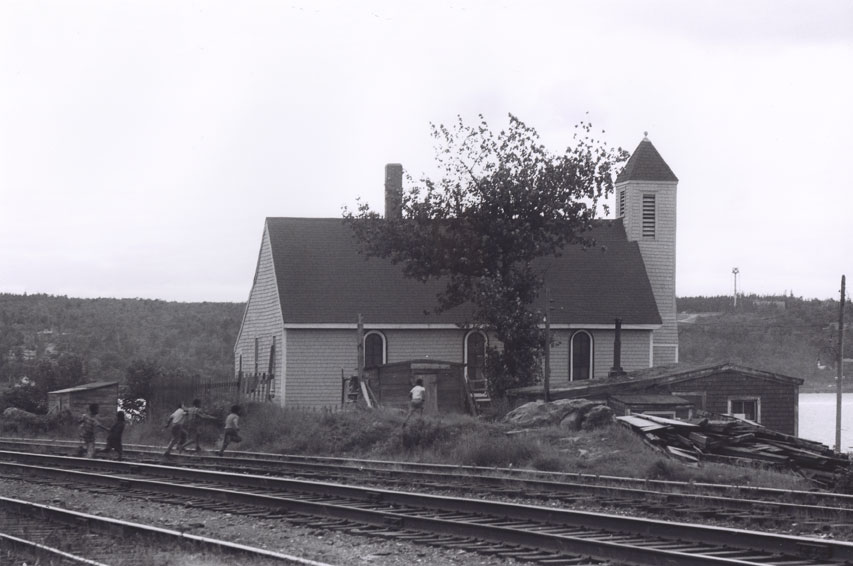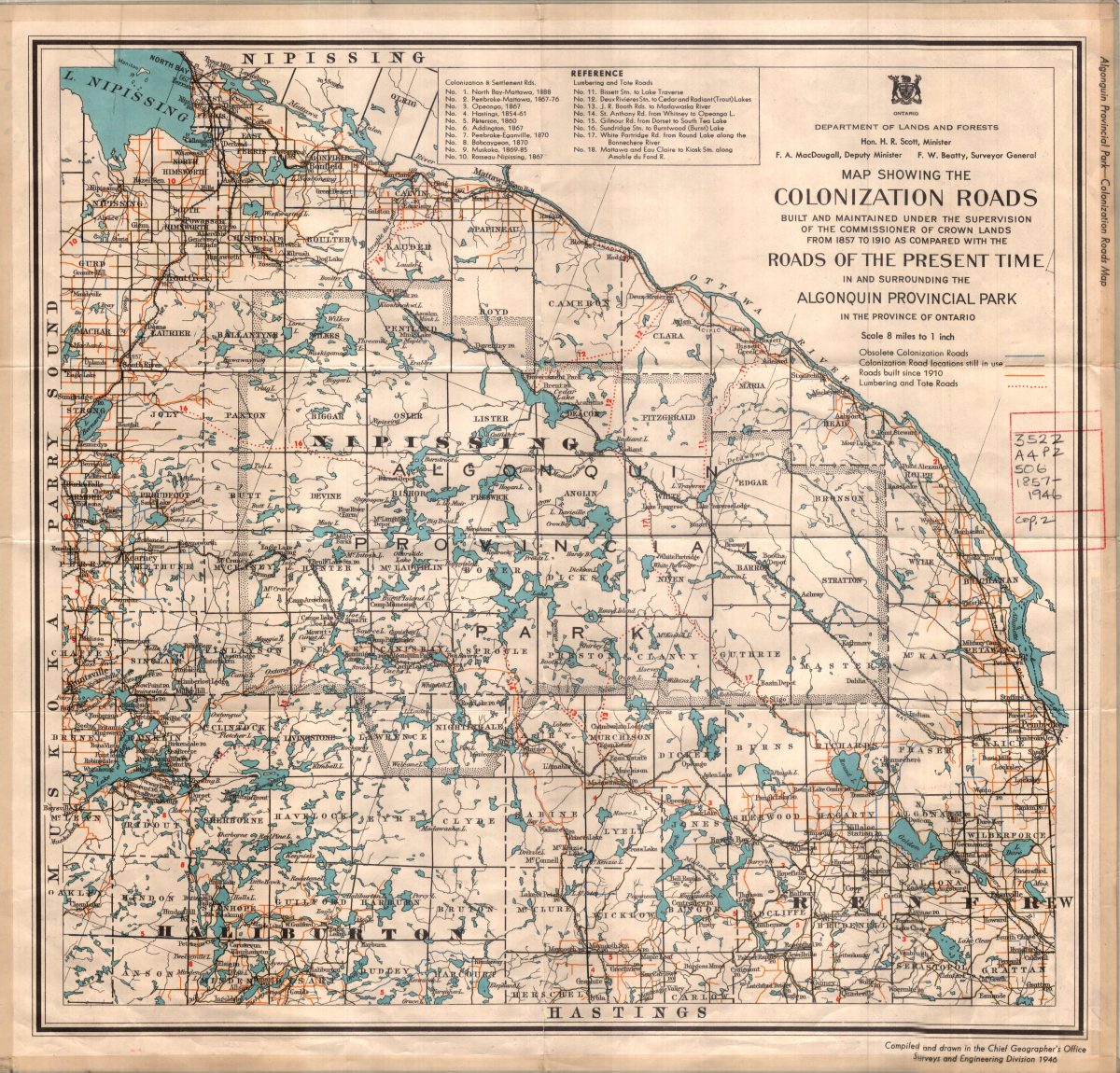The convoluted emergence of the federal center of American democracy and how it reflects the colonial roots of a nation The location and architecture for the U.S federal government did not always exist as it does today. The immediate image that is conjured up of the white, neoclassical portico and columns in front of a […]
